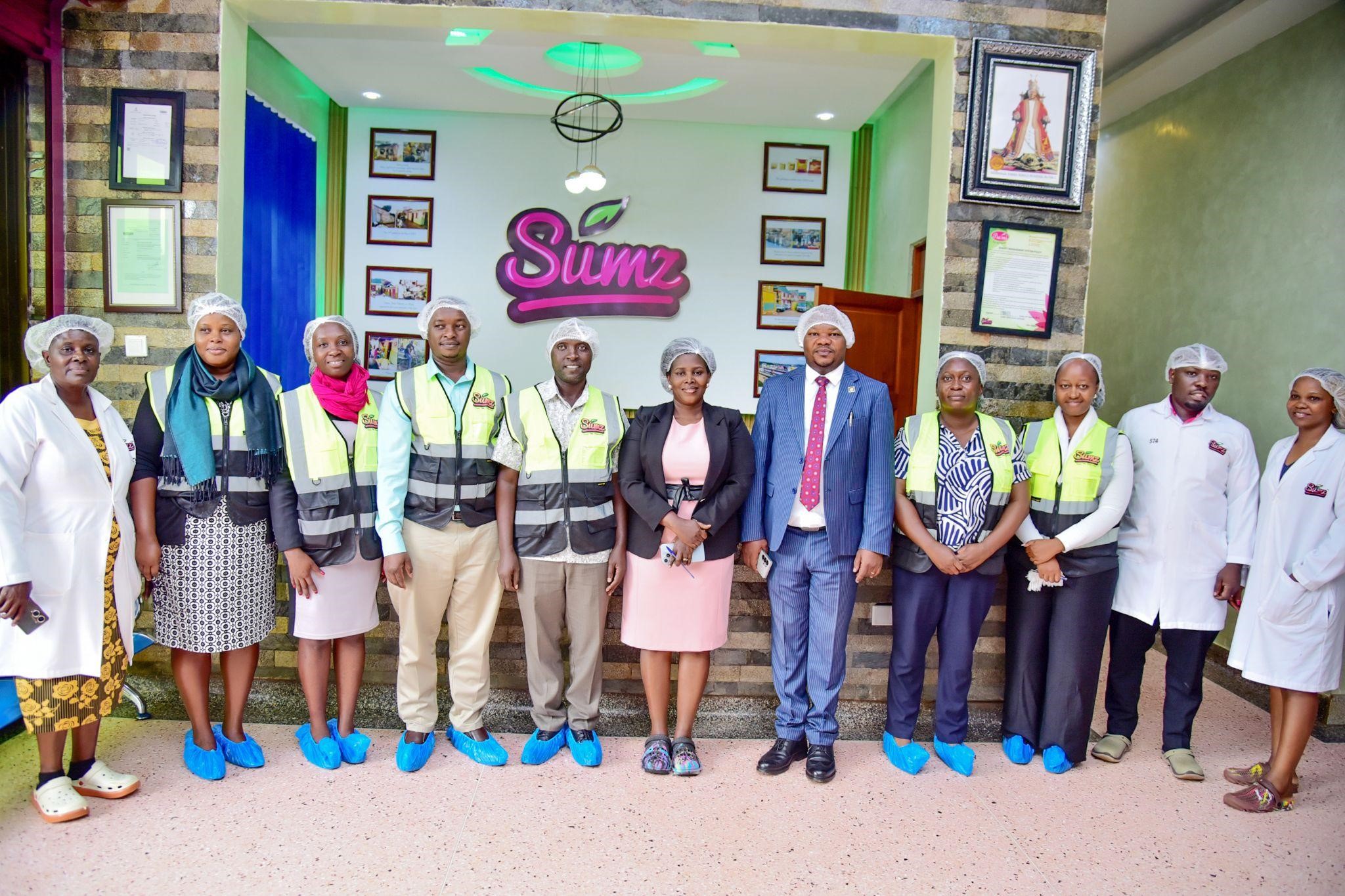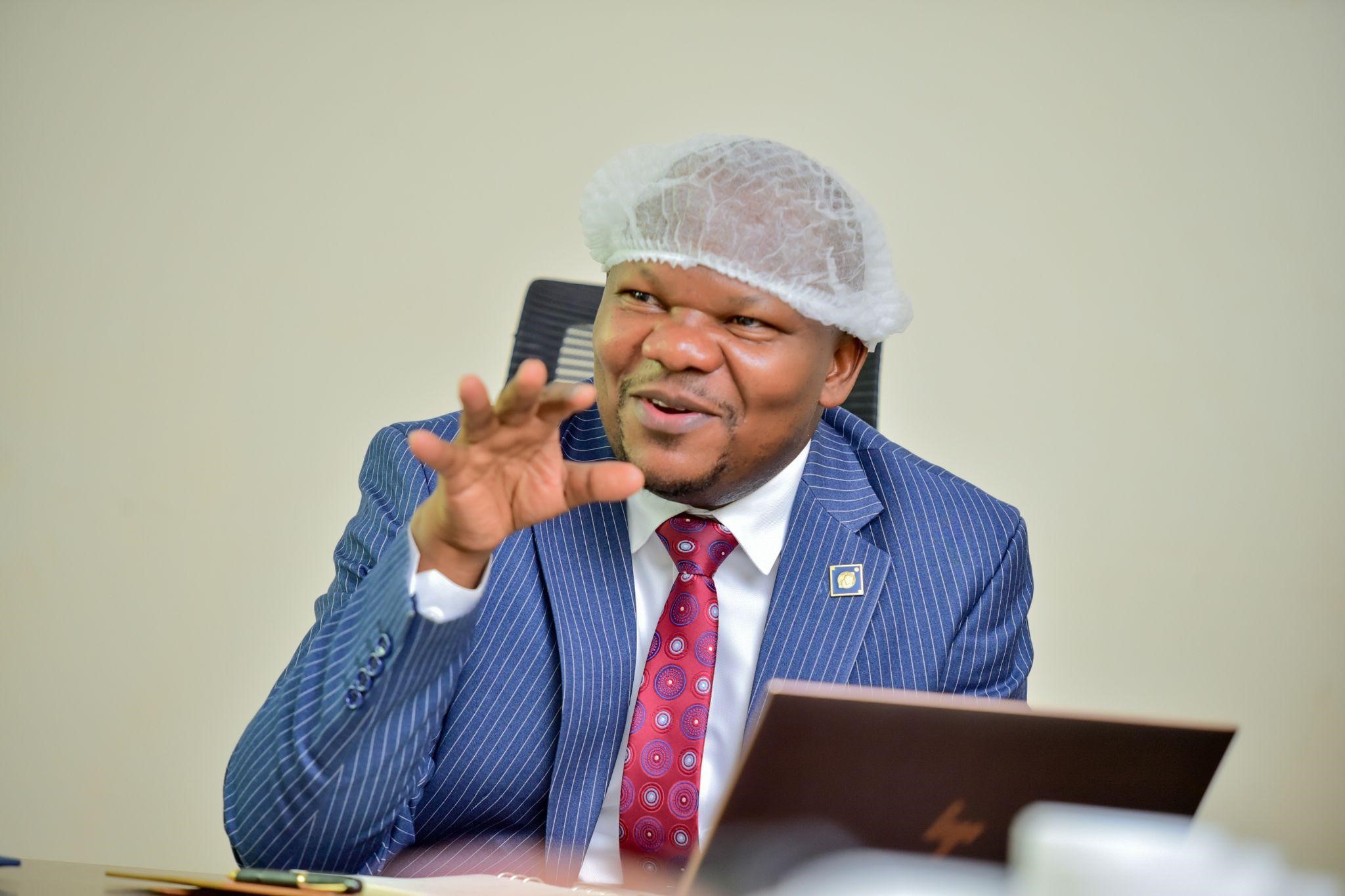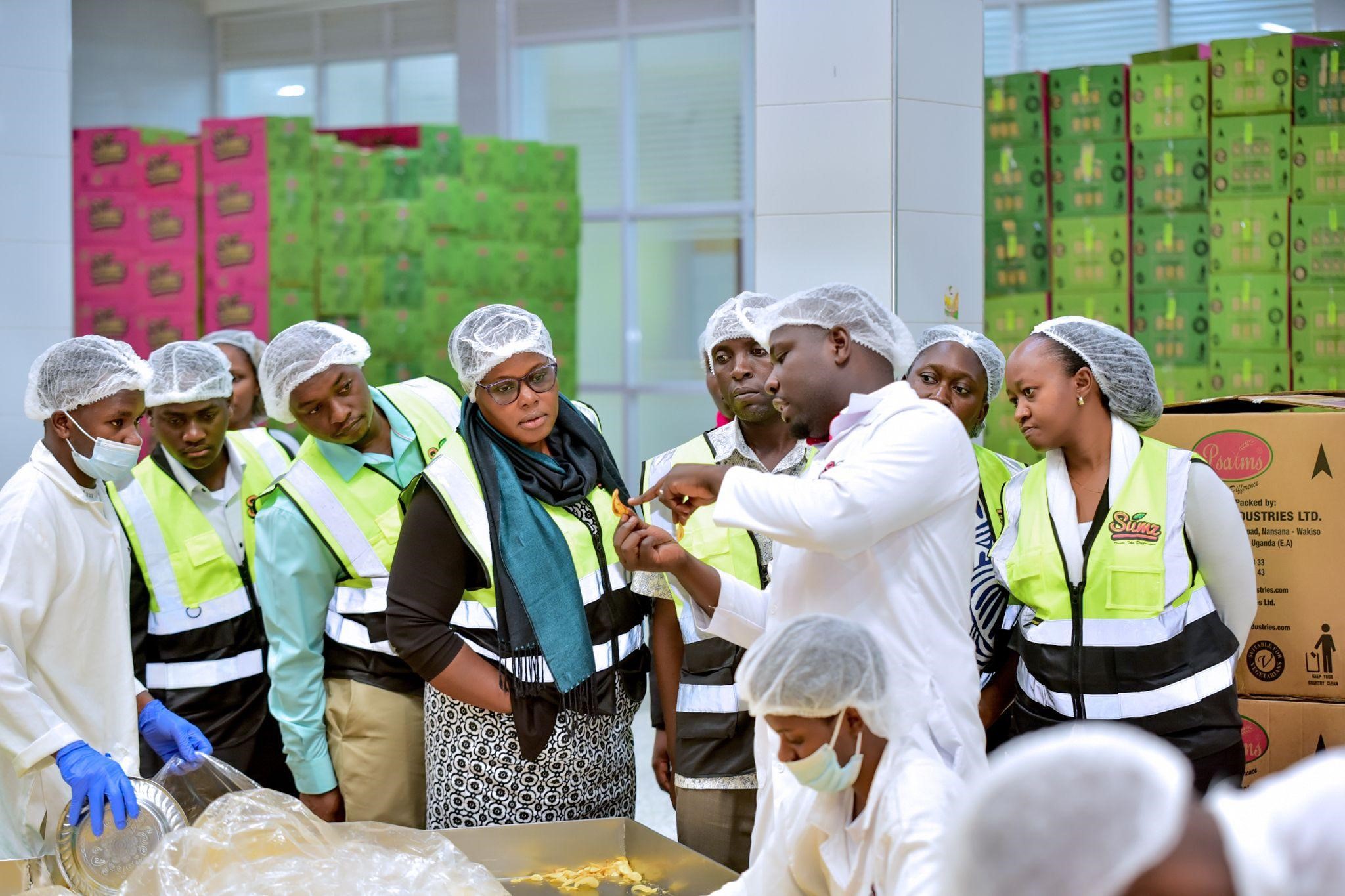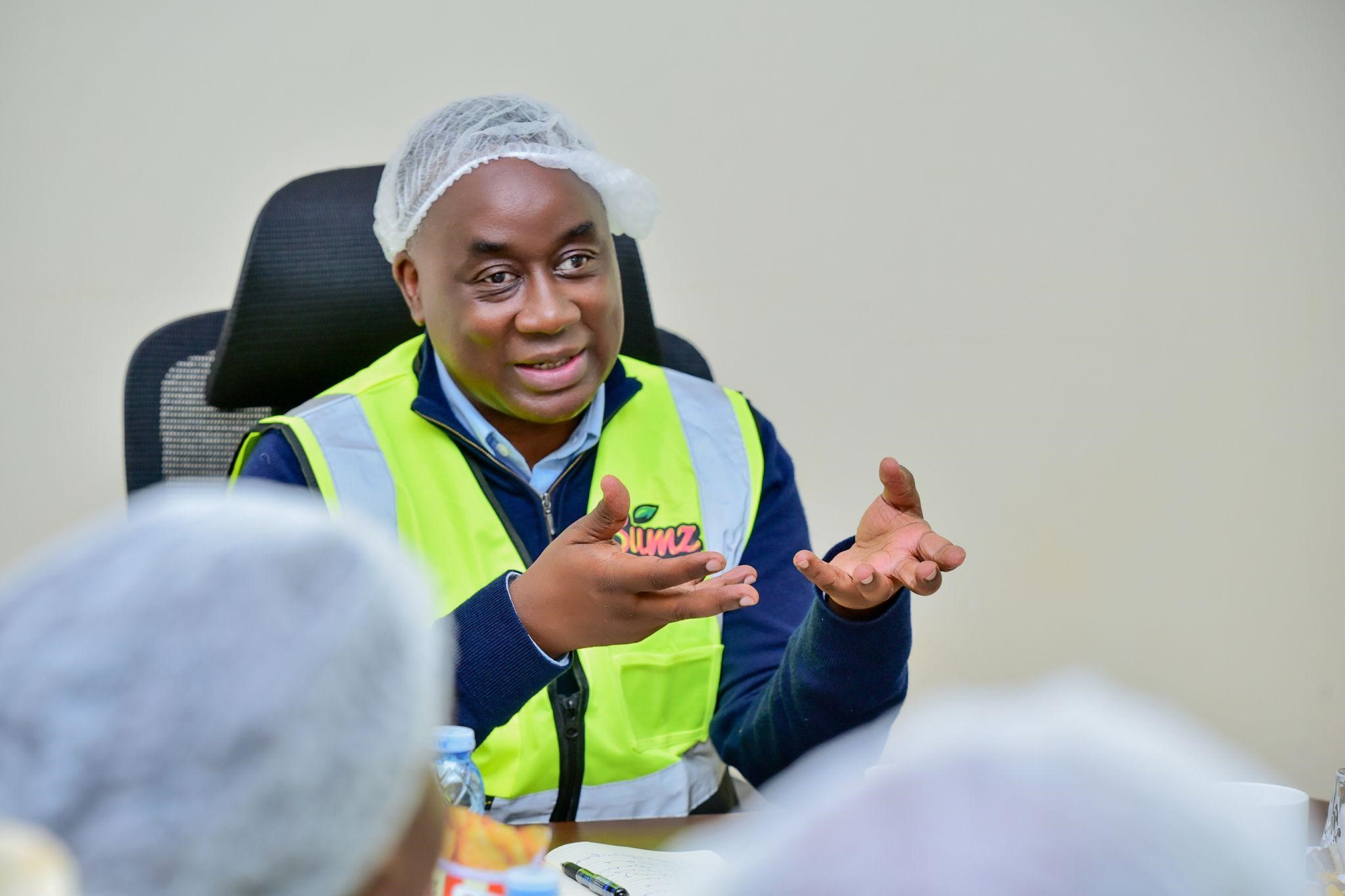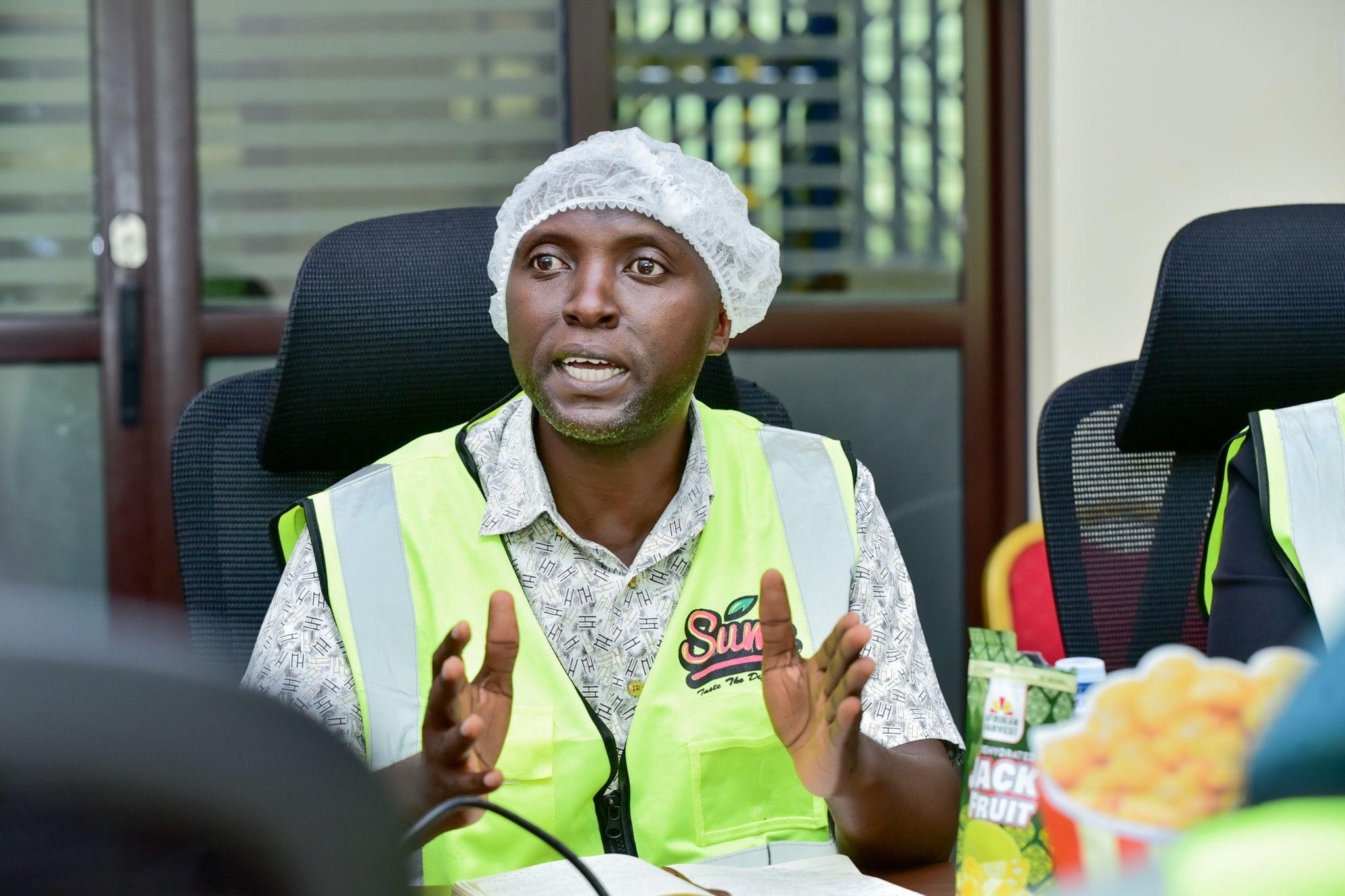Within the framework of its mandate to build knowledge on Africa produced in the African continent or by the African scholars, the Council for the Development of Social Science Research in Africa (CODESRIA) invites
proposals from researchers based in African universities and research centres to constitute *National Working Groups (NWGs), and/ or Comparative Research Networks (CRNs)*, to undertake studies around its newly launched research programme on higher education leadership in Africa (HELP).
This call for proposals is intended for university based scholars and researchers from the six countries that are, for the time being, covered by the project. These are Ghana, Nigeria, Kenya, Tanzania, Uganda and South Africa.
The Higher Education Leadership Programme (HELP)
Globally, higher education has undergone profound changes over the last two decades. Traditional conceptions of the university have been challenged by the forces of globalization, the increased use of ICTs, and the
introduction and spread of the market logic into the higher education sector. Today, a variety of new types of higher education institutions exists. Student demographics, access and delivery modes have changed too.
In the midst of these changes traditional modes of higher education governance and leadership have come under close scrutiny. Central to this questioning especially with regard to higher education institutions in
Africa is not only how traditional governance structures (where they still exist), are responding to these changes, but also what kind of leadership and governance is needed to position the institutions to confront the
challenges and positively respond to the development challenges of their societies. Higher education leadership in the continent face continued pressures to innovate and adapt to the rapid changes affecting the sector, and those affecting the societies more generally.
With the advent of a global consensus on the importance of knowledge for development, African higher education is receiving much greater attention than before. The strategic importance of Higher Education Institutions (HEIs) in the education systems has now been widely recognized and acknowledged. However, the leadership of universities in Africa is increasingly obliged to respond to or adapt to changes coming from Europe and the United States, such as those associated with the Bologna Process, and the introduction of the LMD (the French acronym for Bachelors, Masters, and Doctorate degree programmes) in Francophone Africa, and the broad allay of forces in global higher education categorized as Internationalization
What are the implications of such changes for HE leadership and how have the adaptation processes contributed to the evolution of leadership roles in African universities? How can African HE leaders ensure that African HE continues to be informed by, and relevant to Africa’s realities and needs for democratic transformation and development, rather than being primarily driven by concerns that are far removed from those of the African continent and its peoples?
A key issue that this Programme will seek to address, therefore, is to better understand the various changes taking place with regard to the governance and leadership of higher education institutions in Africa, the
nature and forces at play in constituting leadership and governance organs in HEIs in Africa, the extent to which changes in governance and leadership of African HE have contributed or not to changing the general
perceptions of the mission and roles of HEIs, documenting of case studies of governance and leadership that have had a positive impact in repositioning the institutions to respond to their missions (weather such
leadership has emanated from the core institutional management team, faculty boards, etc., or student and staff Unions, or both). Furthermore, the Program seeks to encourage research that will focus on investigating
how changes in the higher education system and the perceptions of the mission and roles of HEIs are impacting on HE leadership, the types of adaptation that HE leadership has had to make to respond to the challenges associated with globalization and the spread of managerialism in the HE sector?
CODESRIA’s history is inextricably linked to the challenges which the African higher education system have faced at various stages of its development, and the changing contexts within which different generations
of African scholars have evolved and strived to function. The Programme therefore seeks to deepen scholarly understanding of the nature of, trends in and challenges associated with Higher Education Leadership and
university governance in Africa in the second decade of the 21st Century.
The universities form the core constituency of CODESRIA, and the main site of the bulk of CODESRIA’s research and research training activities. CODESRIA is also one of the few institutions that have been carrying out
social science research on HE in Africa. In the past ten years alone, CODESRIA has launched several national working groups (NWG), and comparative research networks (CRN), as well as a multinational working
group (MWG) on HE. In addition to the Journal of Higher Education in Africa, CODESRIA has published many books on HE and academic freedom. This Programme is therefore informed to a large extent by CODESRIA’s own experience working with the HEIs of Africa, and by the research it has already carried out on the dynamics and challenges facing the HE sector in Africa. These experience and materials have tended to identify governance and leadership as some of the most important issues for African HE in the 21st Century. So, this programme on HE leadership will bring the knowledge on HE and, more specifically, on HE governance and leadership to new and higher levels, both scientifically and from a policy perspective.
Objectives
The objectives of the Higher Education Leadership Programme are:
1) to provide a rigorous historical and social science analysis on higher education leadership and higher education governance in Africa;
2) to examine the changes which are occurring , and challenges facing, HE governance and leadership in Africa in the 21st century;
3) to identify and analyse ways in which the leadership and governance of African universities are constituted and exercised and how leadership is trying to address global, regional and local challenges facing the HE
sector.
4) to elaborate models of university leadership that can ultimately serve as a basis for new policy on the governance of the rapidly expanding higher education sector.
Strategies
The High Education Leadership Programme aims to produce high quality knowledge on HE leadership through 1) comparative research experiences shared across countries, both at the institutional level and at the more
general system level; 2) research teams on HE that are similar to National Working Groups or Comparative Research Networks 3) research grants and fellowships on a competitive basis, 4) case studies; 5) publications of research findings.
Researchers who are interested are requested to send a research proposal (in form of National Working Groups-NWG or Comparative Research Networks-CRN) that highlight clearly the questions they want to address.
** **
NWG are set up to mobilise national-level research capacities and to channel these into autonomous organised reflections on research themes of their choice. They have been an important instrument for promoting research into and publications about different national-level experiences pertinent to the pre-occupations of African scholars active in the Social Sciences and Humanities. The size of an NWG will vary from country to country but on average, most of the groups sponsored by CODESRIA in the past have had between five and seven members. ****
** **
The primary purpose of CRNs is to encourage the development and
consolidation of a comparative analytic perspective in the work of African
social researchers. In so doing, it is hoped to establish a strong corpus
of comparative studies produced by African scholars that could help to
advance theoretical knowledge and discussion. ****
** **
For more information on NWG and CRN see www.codesria.org.
** **
Each proposal should include:-an introduction, a problem statement, a literature review, the objectives of the study, the research methodology, the expected results, the outline of the proposed budget and time frame
knowing that the total duration of the study is 18 months from the date of launch. Furthermore, the proposal should include information on the research team, including the coordinator(s) of the group, the bio data of
researchers, their institutional affiliations, and the curriculum vitae of the coordinator and members of the network.
A proposal should not exceed 12 pages (font Times New Roman, size 12, line spacing: single).
Authors of proposals are requested to pay close attention to the methodology they intend to apply and to demonstrate a good understanding of the leadership and governance challenges facing the HE sector in Africa.
For CRNs, a comparative approach involving scholars from at least two countries out of the six covered by the project (Ghana, Nigeria, Kenya, Tanzania, Uganda and South Africa) is highly encouraged. The teams are
requested to ensure that they are multidisciplinary in composition, sensitive to gender issues, and accommodative of younger scholars.
Each team will be entitled to organise three meetings/workshops during its lifespan, the first one is a methodological workshop; the second to evaluate the progress of the work, and the third to review draft research reports, and identify policy recommendations, and begin disseminating the results. For indicative purposes, the budget for each group will vary from USD 10,000 to USD 35,000, based on past grants that have been awarded by CODESRIA under similar programmes. Similarly, although no specific format is required for the presentation of the budget, authors are requested to note that resources will be allocated by the Council to cover the following costs:
i) A methodological workshop for the members of the NWG/CRN;
ii) A mid-term review workshop on the progress of the research;
iii) The field work to be undertaken by the members of the network;
iv) Books to be purchased for the research;
v) The honorarium to be paid to the members of the research network for the work undertaken.
vi) A final workshop
For this call for proposals, CODESRIA will be open to receive proposals up to 15th September 2012. Notification of the result of the selection committee will be done by 30th September 2012. Proposals (Electronic version) for the constitution of NWGs or CRNs should be sent to:
Higher Education Research Leadership Programme (HELP)
CODESRIA,
BP 3304, CP 18524
Dakar, Senegal.
Tel: +221-33 825 98 22/23
Fax:+221-33 824 12 89
E-mail: help@codesria.sn
Web Site: http://:www.codesria.org
Facebook: http://www.facebook.com/pages/CODESRIA/181817969495
Twitter: http://twitter.com/codesria
NB: In addition to the CVs of the team members required, the identification sheet (Please see Attachments Below) for the updated database of the Council should be filled and sent along with the proposal .The applicants should clearly indicate on the outer page of the proposal if they are submitting for NWG or CRN, with the
designated group or network coordinator(s) identified. Incomplete proposals and those sent outside the deadline will not be considered.
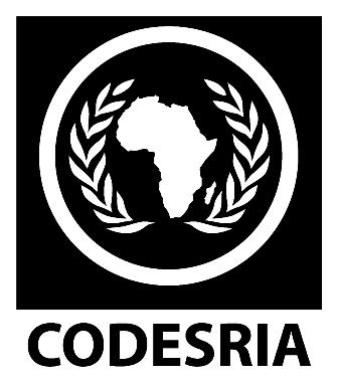

 General6 hours ago
General6 hours ago
 General5 hours ago
General5 hours ago
 Humanities & Social Sciences1 week ago
Humanities & Social Sciences1 week ago
 General1 week ago
General1 week ago
 Agriculture & Environment2 weeks ago
Agriculture & Environment2 weeks ago


